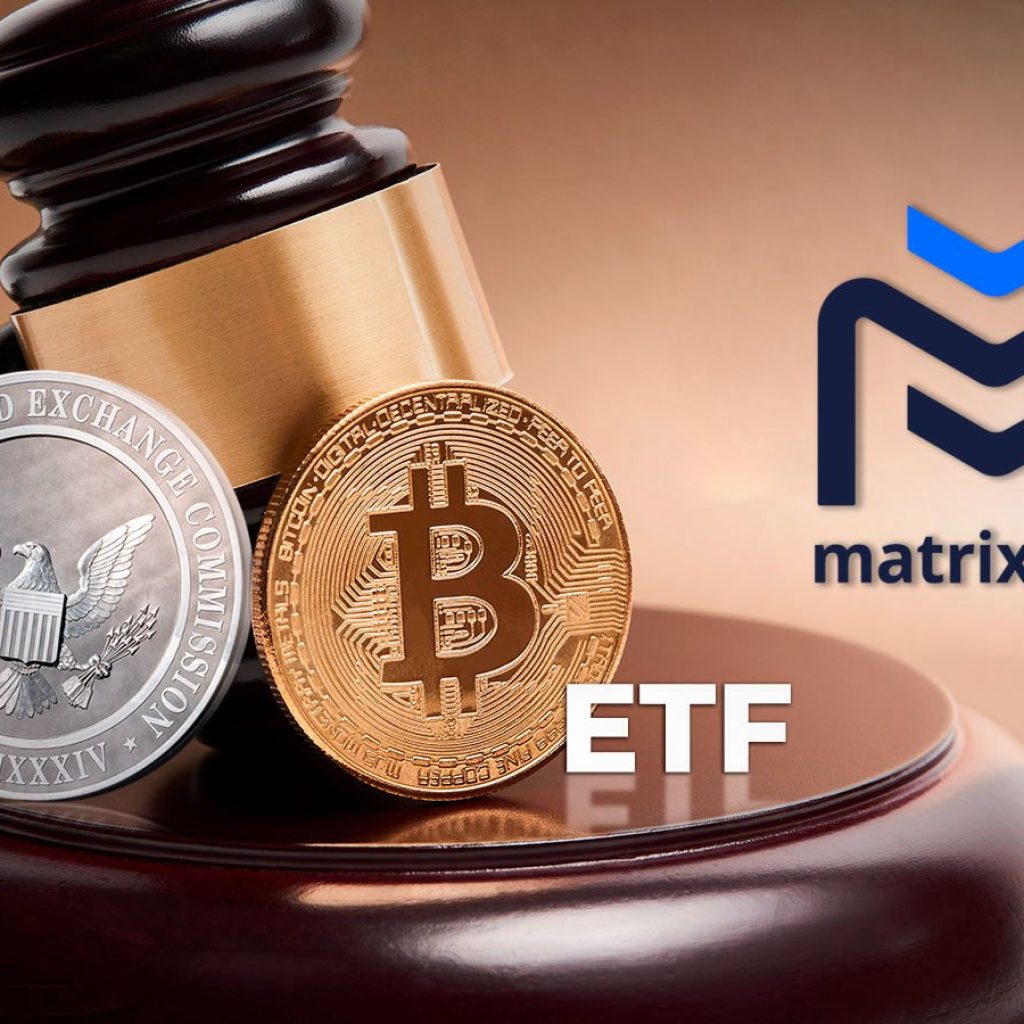
The SEC’s controversial Staff Accounting Bulletin 121 has received a steady flow of criticism since its publication in March 2022.
Gary Gensler, chairman of the United States Securities and Exchange Commission, told the House Financial Services Committee hearing on Sept. 27 that he enjoys testifying before the committee. He had well over four hours of that pleasure that day, much of which was devoted to criticism of his agency’s policies and actions.
Among the long list of discontents, one of the most narrowly focused was Representative Mike Flood’s questioning regarding the SEC’s Staff Accounting Bulletin (SAB) 121, issued in March 2022. The SAB concerned accounting and disclosure of crypto assets in the custody of public companies such as banks and platforms like Robinhood and Coinbase.
Flood confirmed Gensler’s previous testimony to the committee that the SEC did not confer with prudential regulators before publishing the SAB. Nor had the Financial Accounting Standards Board (FASB), a private body that issues standards relating to Generally Accepted Accounting Principles (GAAP), issued anything related to digital asset custody, Flood continued. Rather, the FASB added digital assets accounting standards to its agenda in May 2022, after the publication of SAB 121.

Gensler said in a previous hearing that SAB 121 provides guidance on applying existing requirements under SEC rules, Flood reminded him. What requirements were there, Flood asked. Gensler replied that there is a rule from 2009 on the custody of digital assets by investment advisers, and the agency had “finalized something around special purpose broker-dealers,” Gensler replied. He was apparently referring to an SEC rule made in April 2021.
“There were no SEC rules on the books that directly addressed the topic of custody of digital assets,” Flood replied. A rulemaking on custody, including digital asset custody, was proposed in February 2023 and has not yet been finalized, he added, concluding:
“At the time when the bulletin was issued, there was no action by FASB, nor rulemaking by the SEC on this topic. […] The SEC’s justification for issuing the bulletin is based on accounting guidelines that did not exist when the bulletin was issued.”
Either the SEC knew there was no “strong” justification for issuing the guidance in the bulletin and did so any way, or it did so in error, Flood said.
Related: Coinbase CEO says funds are safe amid bankruptcy protection fears
SAB 121 requires the disclosure of technological, legal and regulatory risks associated with custodying digital assets. It met with opposition from the start. SEC commissioner Hester Peirce released a critical response on the day it was issued. Five senators, including crypto advocate Cynthia Lummis, sent a letter Gensler in June calling the SAB “regulation disguised as staff guidance.” Lummis and committee chair Patrick McHenry sent another letter to prudential regulators in March arguing that the SAB places the interests of crypto holders at greater risk than before it was issued.
Four Financial Services Committee members - Flood, Wiley Nickel, Tom Emmer and Ritchie Torres - sent Gensler a letter a day earlier calling for him to approve spot Bitcoin exchange-traded funds. That topic was not pursued very closely in the hearing.
Summary of the 3 hr+ @FinancialCmte Oversight of the SEC hearing w/ @GaryGensler: (paraphrasing)
— William Mougayar (@wmougayar) September 27, 2023
- I don't answer Yes / No questions
- I'll get back to you following my staff's guidance
- We're protecting the American public
- We're not changing anything for crypto; current laws… pic.twitter.com/R7Yj4SBNHL
Gensler told Nickel that the SEC is “still under advisement” on Grayscale case after the company won an appeal against the SEC’s decision to reject its Bitcoin ETF application. Committee member Warren Davidson expressed his concern that the SEC would not approve spot Bitcoin applications in the order they were received, in light of the Grayscale decision. Gensler replied that the applications were still under “active consideration.”
Emmer criticized Gensler alleging he was not impartial within the financial industry. Torres engaged Gensler over the interpretation of the Howey test.
Magazine: Crypto regulation: Does SEC Chair Gary Gensler have the final say?





